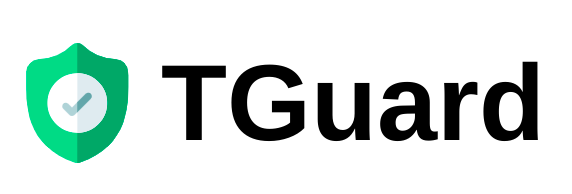Arjen
About
Arjen
- Security software engineer
- arjen@tweedegolf.com
In 2021, Arjen made the switch to Tweede golf. As an expert in the field of security with a background in pentesting, he mainly focuses on IRMA and other security-related projects. In addition, Arjen wants to broaden his knowledge by gaining experience with, among other things, Rust backends and JavaScript frontend frameworks.
Arjen is a real problem solver. He has solved countless 'Hack The Box' challenges in recent years, and can never resist the yearly Christmas puzzle in the local newspaper.
When he is not at his computer, Arjen likes to do sports (swimming, running, cycling) or do some home improvement.
Blog posts
Threat Modelling
Security headers: How to go from F to A+
Why we replaced Google Analytics with Matomo, and why you should too
When you enabled Google Analytics (GA) on your website maybe you thought "I don't really have another viable option". Or maybe you thought "the negative effect on my visitors isn't that bad, is it?" Both are relatable, but recently Data Protection Authorities have put GA under a microscope and concluded it actually is pretty bad. Some things in GA violate the GDPR. Apart from the question of whether it is legal or not, the fact that your visitors are tracked across the internet - we feel - is just awful. And, as it turns out, you do have options.
Open-source work
TGuard
TGuard is a web-based sending and decrypting service for irmaseal-encrypted messages that is currently in development at Tweede Golf.
TGuard utilizes IRMA to allow a user to encrypt messages client-side. These messages can be decrypted client-side once the receiver proves to be the owner of attributes the message was encrypted for, like an e-mail address, name, or an identifying number.

ID-contact
For ID Contact we researched the possibilities of digital identification: how can residents organize their personal government affairs in a simpler and more reliable way? By telephone, via chat or via a video call.
The ID Contact innovation pilot is a collaboration between the municipalities of Arnhem, Nijmegen and the Drechtsteden and knowledge partners such as the Tax Authorities and iHub (Radboud University).
Within the ID Contact team we developed the software that makes secure digital identification possible.
